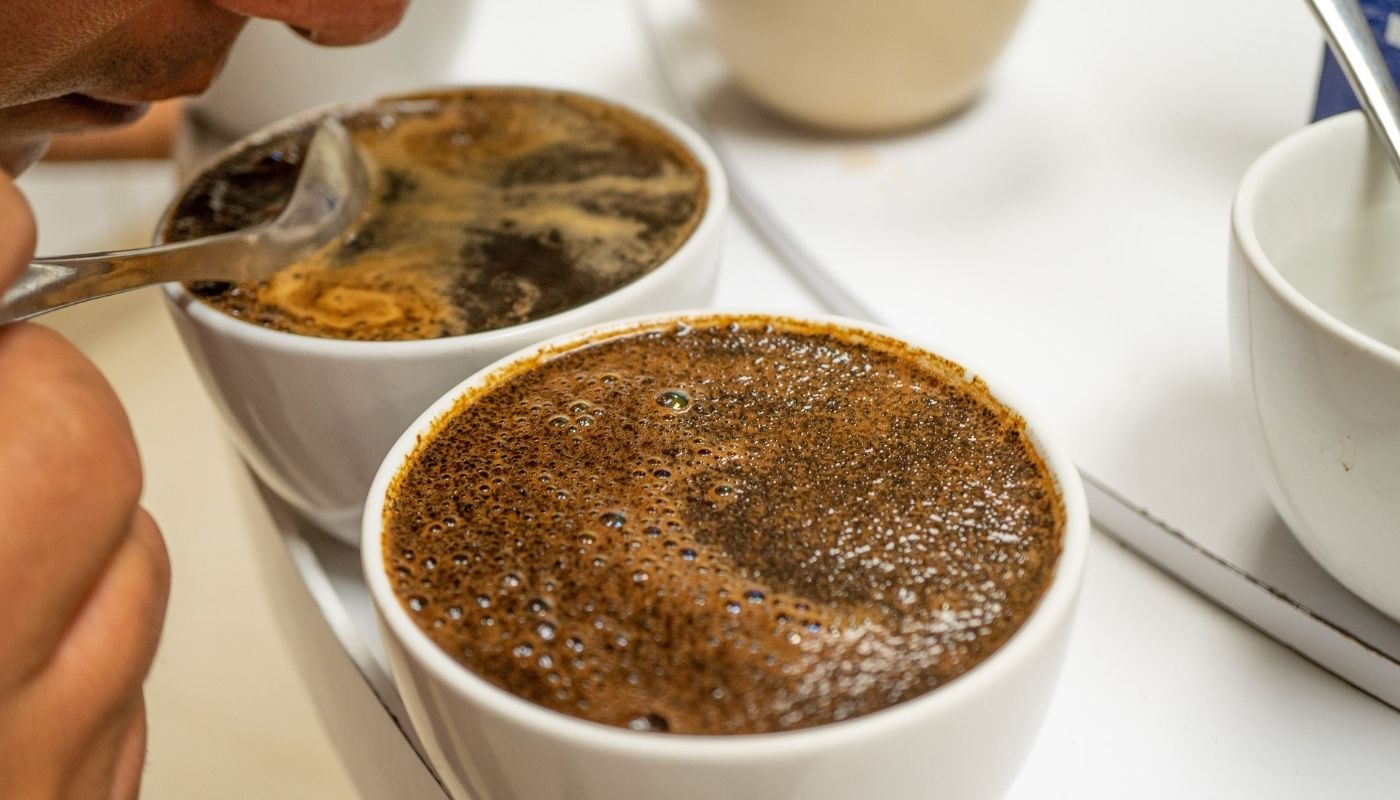We all know that coffee is not always going to taste the same, and sometimes it can even taste a little sour. So why does my coffee taste sour? Well, there are many different reasons that your cup of joe may have a bit of an acidic or bitter flavor. Let’s start by talking about what this means first. Acidity refers to the tartness in your coffee while sourness simply refers to the bitterness. To determine if you are experiencing either one of these things, think about what you last ate for breakfast. If you had something like eggs with toast then chances are your coffee might be tasting more acidic today because those two foods contain high amounts of acidity themselves!
Reason # One – Under Extraction:
This is a common problem that most coffee drinkers face when they have less experience with making their own drinks. When you extract coffee, it simply means to remove the oils and other flavor compounds from your beans by using heat or water. In order for this process to work, you need enough time in contact between the two components. If not, then there are many chances that under extraction will take place which can result in an acidic taste as well as some sourness! You wouldn’t want any of these things lingering around so make sure that you’re extracting your coffee properly next time!
Reason # Two – Over Roasting:
If someone has roasted too far past what’s normally recommended on their beans, then there’s a chance that the coffee will taste sour. This is because the more you roast beans, the less oils there are available to extract from them. In other words, a dark roast will result in a less flavorful, more sour-tasting coffee.
Reason # Three – Lower pH:
If your water has too low of an acidity level or if you have brewed for too long with water that is high in calcium and magnesium, this can create lower levels of extracted citric acids from the beans which could lead to a more acidic tasting drink.
Reason # Four – Overheating:
Don’t roast or brew your coffee at temperatures over 200° Fahrenheit! This creates some unwanted side effects such as destroying certain flavor compounds and even creating acrolein (which tastes like burnt rubber). It also increases the concentration of tannins which don’t make for great-tasting beverages!
Reason # Five Ultra-Fresh Beans:
The older your coffee gets, the more it will taste sour. This is because as time goes on a few different things happen to these seeds. The first thing that happens when they’re stored for too long is moisture seeps in and degrades some of their compounds which leads to less flavor being present!
Reason # Six – Taste Preferences:
If you like light roast coffees (or any other style), then there’s a chance that the coffee will taste sour. While this may seem strange at first, please note that lighter roasts are often roasted with more sugars, so there’s a chance that those could impact the acidity of your coffee.
Conclusion: Sourness can happen in a lot of different ways, but luckily there are some simple things you can try to combat.
Frequently Asked Questions
How do you fix sour taste in coffee?
| Under extracted, sour coffee is the result of not getting enough extraction, which doesn't allow sweet or bitter flavors into your coffee to balance out sourness. To fix this, you can make your grind size finer, make your water hotter, brew for longer, or use more water in your recipe. |
Can sour coffee make you sick?
| Can Coffee Go Bad? Coffee doesn't necessarily go bad, and a “bad” cup of coffee won't make you sick. Like most dry, packaged foods and goods, there is no firm expiration date to keep in mind. That's because coffee doesn't go bad in the same way that some foods do. |
How do you fix sour instant coffee?
| It's simple — mix the instant coffee mix with a little cold water before adding any hot water. This will help cut down on the acidity and bitterness that comes with the instant coffee territory. |





